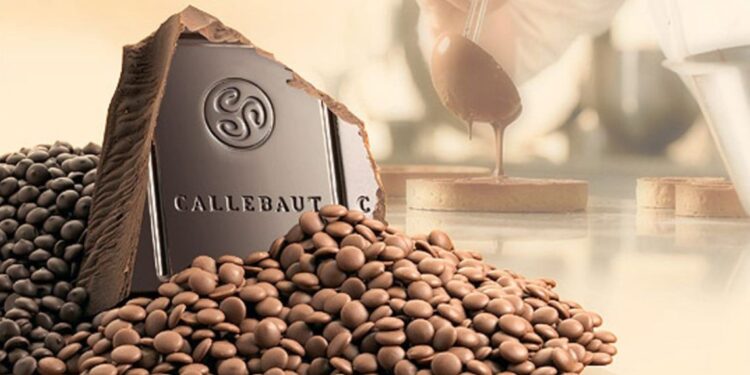Navigating the stock market can be tricky, especially with sudden shifts like the recent plummet in Barry Callebaut‘s shares. With rising cocoa prices and increasing borrowing, investors are left wondering whether to hold, sell, or buy into this Swiss chocolate giant. Let’s break down the recent events and analyze if Barry Callebaut or other stocks should be your next purchase.
Recent Developments and Impact
Barry Callebaut’s Sales and Expenses
Barry Callebaut recently reported a decline in quarterly sales volumes and higher expenses due to soaring cocoa prices. This news sent shockwaves through the market, causing the company’s shares to drop significantly.
Performance on the STOXX 600 Index
As of afternoon trading, Barry Callebaut was the worst performer on the STOXX 600 index across Europe, with a 10% drop, marking its worst day since 2015.
Analysts’ Insights
Vontobel Analyst’s Perspective
Jean-Philippe Bertschy from Vontobel highlighted that the market is reacting to the impact of high cocoa bean prices on the company’s free cash flow and financing costs.
Borrowing to Finance Raw Materials
Barry Callebaut has borrowed significantly to finance the higher value of its raw material inventory. In the last six months, the company issued bonds worth 2 billion Swiss francs ($2.23 billion), with substantial issuances in the third quarter alone.
Financial Strain and Future Outlook
Impact on Free Cash Flow
In an earnings presentation, Barry Callebaut mentioned that increased cocoa bean prices negatively affected its free cash flow by 1.1 billion Swiss francs in the first half of the fiscal year. The company also hinted at additional burdens in the second half of the fiscal year.
Sales Volume Decline
For the third quarter ending in May, Barry Callebaut’s chocolate sales volumes decreased by 0.3%, with a notable 7% decline in Eastern Europe. This slowdown could indicate broader risks associated with further price increases worldwide.
Cocoa Bean Prices and Market Reactions
Increase in Cocoa Bean Prices
Based on London terminal market pricing, cocoa bean costs surged by 131% in the nine months leading up to May 2024 compared to the previous period. This significant increase has strained Barry Callebaut’s financials and impacted its stock performance.
Competitor Impact
The stock performance of Barry Callebaut also affected competitor Lindt & Spruengli, causing a 2% decline in its shares.
Currency Exchange Rate
For reference, $1 is equivalent to 0.8991 Swiss francs.
Investment Considerations: What’s Your Next Move?
Assessing Barry Callebaut
- Pros: Despite the recent drop, Barry Callebaut’s market position as a leading chocolate manufacturer remains strong. If the company can manage its debt and stabilize raw material costs, there may be potential for recovery.
- Cons: The high cocoa prices and significant borrowing are immediate concerns. Investors need to consider the potential for continued financial strain and market volatility.
Exploring Alternative Stocks
The stock market is evolving with the power of AI-driven insights. Investing.com’s ProPicks AI has identified several successful stock portfolios, including two stocks that have increased by more than 150% in 2024 alone.
What caused the recent drop in Barry Callebaut’s shares? The recent drop was due to lower quarterly sales volumes and higher expenses from rising cocoa prices.
How much has Barry Callebaut borrowed recently? The company has issued bonds totaling 2 billion Swiss francs ($2.23 billion) over the past six months.
What is the outlook for Barry Callebaut’s free cash flow? Increased cocoa bean prices have negatively impacted free cash flow, with further burdens anticipated in the second half of the fiscal year.
How have cocoa bean prices affected the market? Cocoa bean prices have surged by 131% in the nine months leading up to May 2024, significantly impacting chocolate manufacturers like Barry Callebaut.
What other stocks should I consider for investment? AI-driven insights from Investing.com’s ProPicks have highlighted stocks that have shown impressive gains in 2024, including two that have increased by more than 150%.







